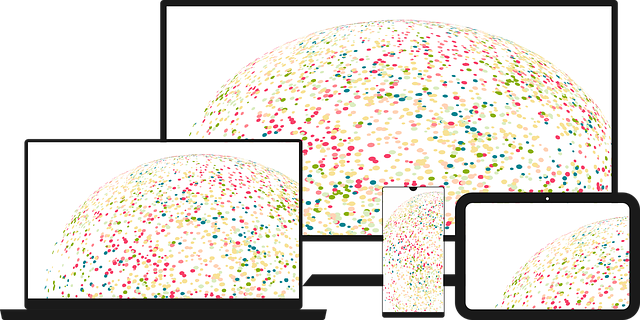AI seasonal yard health monitoring systems are transforming residential landscaping by replacing manual inspections with advanced machine learning algorithms and sensors. These technologies track vital factors like soil moisture, nutrient levels, and temperature changes throughout the seasons, enabling data-driven decisions for optimal plant growth. By providing real-time insights and personalized recommendations, these AI systems enhance landscape care, prevent pest issues, and contribute to sustainable, vibrant outdoor spaces.
In today’s digital era, residential landscaping is evolving with the integration of AI technology. Understanding the need for AI in residential landscaping, this article explores key features and functionality of AI seasonal yard health monitoring systems. We delve into benefits ranging from precise fertilizer application to environmental conservation, painting a future prospect where AI fosters sustainable and vibrant landscapes. By leveraging these AI tools, homeowners can achieve lush yards while minimizing waste.
- Understanding the Need for AI in Residential Landscaping
- Key Features and Functionality of AI Seasonal Yard Health Monitoring Systems
- Benefits and Future Prospects of AI Fertilizer Usage Tracking Tools
Understanding the Need for AI in Residential Landscaping

In today’s digital era, the integration of AI technologies into residential landscaping is transforming how we care for our outdoor spaces. Traditional methods often rely on manual inspections and subjective assessments for yard health, which can be inconsistent and time-consuming. This is where AI seasonal yard health monitoring systems step in as game-changers. By leveraging machine learning algorithms and advanced sensors, these tools can provide objective data and insights into the overall well-being of a landscape, from soil moisture levels to nutrient deficiencies.
AI offers several advantages over conventional practices. It enables continuous and precise tracking of various environmental factors that impact yard health throughout different seasons. This proactive approach allows for timely interventions, ensuring optimal conditions for plant growth and reducing the risk of pest infestations or disease outbreaks. With AI, landscaping professionals can make data-driven decisions, enhance efficiency, and deliver personalized care to each client’s unique residential landscape.
Key Features and Functionality of AI Seasonal Yard Health Monitoring Systems

AI seasonal yard health monitoring systems are transforming residential landscaping by offering precise, data-driven insights into lawn and garden health. Key features include advanced sensors that detect soil moisture levels, temperature, sunlight exposure, and nutrient deficiencies, providing real-time data for optimal plant growth. These intelligent systems utilize machine learning algorithms to analyze patterns and make personalized fertilizer recommendations, ensuring plants receive the right amount of nutrients at the perfect time.
Functionality extends beyond basic monitoring with automated scheduling capabilities. Users can set customized watering and fertilizing schedules based on their specific yard needs and local climate conditions. Alerts for potential issues like pest infestations or disease outbreaks provide proactive measures, enhancing overall yard health. Integrating these AI tools makes landscaping more efficient, sustainable, and accessible for homeowners, contributing to lush, vibrant outdoor spaces.
Benefits and Future Prospects of AI Fertilizer Usage Tracking Tools

AI fertilizer usage tracking tools offer a multitude of benefits for residential landscaping, revolutionizing how we care for our yards. These intelligent systems leverage data and machine learning algorithms to optimize fertilizer application, ensuring precise amounts are used based on real-time plant needs. This not only promotes healthier grass and plants but also conserves resources by minimizing waste, thereby enhancing environmental sustainability. By analyzing factors like soil composition, weather patterns, and growth cycles through AI seasonal yard health monitoring, these tools provide tailored recommendations for optimal fertilizer selection and application frequency.
Looking ahead, the future of AI in landscaping holds immense potential. Advanced AI algorithms could integrate with smart home systems, enabling automatic adjustments to fertilizer usage based on user preferences and changing environmental conditions. This level of automation could make lawn care more accessible for individuals with limited time or mobility while ensuring consistent, high-quality yard health. Furthermore, continuous data collection and analysis could lead to the development of predictive models that anticipate plant needs before issues arise, fostering proactive maintenance and even more sustainable landscaping practices.
AI residential landscaping fertilizer usage tracking tools represent a significant advancement in the field, offering precise and efficient solutions for optimizing yard health. By leveraging advanced algorithms and data analysis, these systems not only help homeowners maintain lush, vibrant landscapes but also promote sustainable gardening practices. As AI continues to evolve, we can expect even more sophisticated features in AI seasonal yard health monitoring systems, further enhancing the way we care for our outdoor spaces.
